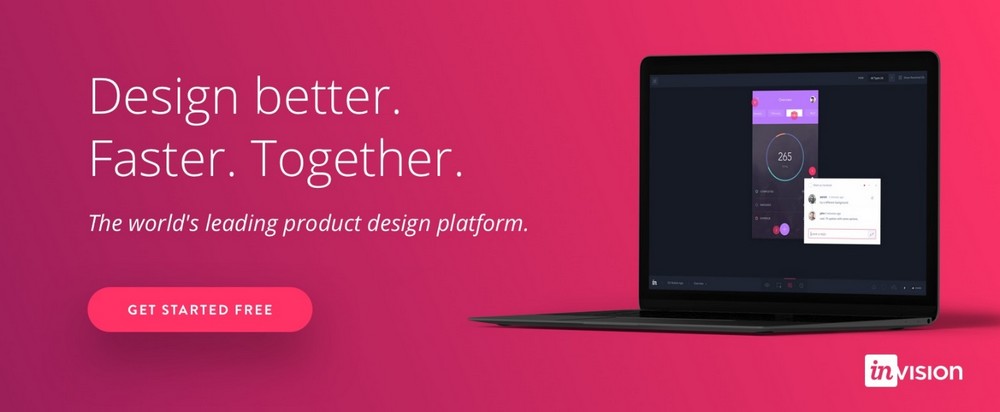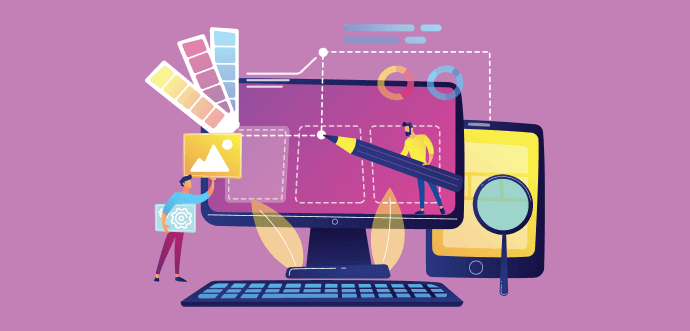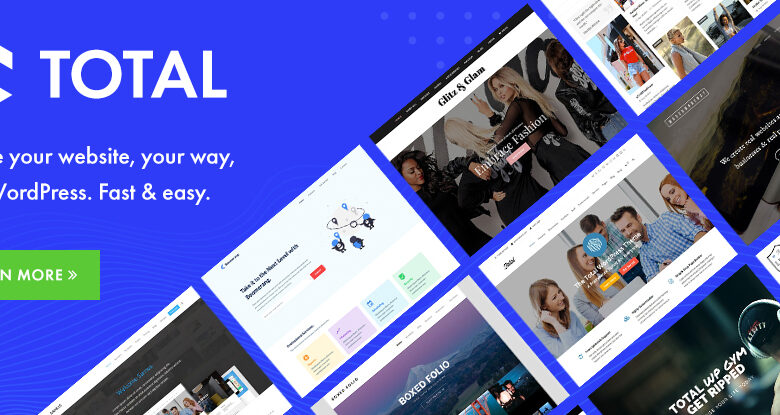While User Interface (UI) and User Experience (UX) are sometimes confused with one another, they are separate entities. To be successful in website design, the similarities and differences between the two must be understood. Just like the entities themselves, UI design and UX design are two different beasts.
Once you understand how they relate to the user, you’ll be better able to address them differently as you proceed with your design.
UI focuses on a website’s look and feel. It is the website’s visual presentation. UI design is a digital task. It generally does not require coding, depending on the tools used, and whether the distinction between design and development is blurred.
UX is what the website does. What gives it life. UX design does not involve coding or any other digital techniques. UX is more akin to market research. Its focus is on customer satisfaction and usability.
InVision
InVision is an end-to-end platform for collaborative digital product design. Create and sketch with Freehand, a digital whiteboard for exploring with your creative team. Create high-fidelity prototypes to rapidly share your team and stakeholders for a faster feedback loop. Commenting and user testing features are there help your team validate your UI decisions with real users.
With automatic syncing and live updating across all your prototypes, you’ll create a single source of truth for your entire team—from design to development to executive stakeholders.
The world’s leading design-forward companies rely on InVision to design better digital products faster. InVision powers collaborative design and unparalleled digital customer experiences at brands from Airbnb to IBM, Starbucks to NASA. Sign up for a free trial and learn more.
Proto.io
Used by more than 400,000 users from the world’s hottest startups, Proto.io has changed the world of mobile and web prototyping; going beyond wireframes and mockups. With interactions, transitions, and animations it helps bring any static design to life.
UX and UI designers can create visual interactive prototypes of mobile and web apps that work and feel exactly like the final apps; without any code skills required. Designers can either design directly within Proto.io, or import their designs from Sketch or Photoshop and magically view them as screens and assets.
Supporting all mobile touch gestures, prototypes can run on the actual mobile device thus making the experience as realistic as possible. Want to test your prototypes and share with potential users? No problem, Proto.io’s usability testing capabilities go far beyond, as it’s integration with popular user testing platforms allow you to see and hear what users are saying while trying out your prototype.
Sketch
Sketch was created specifically for designing websites, icons, interfaces, and whatever else you may be storing away in your head. Sketches vector-based workflow allows you to create complex shapes without a lot of trial and error, or painful tweaking.
The shapes you create easily adapt to changing sizes, styles, and layouts; and everything you create is editable. Sketch was built for the modern designer, and you’ll see it everywhere you look.
Notism
Notism combines real-time design collaboration and task management features into a single platform. This UI/UX tool transforms static designs into interactive web prototypes, or iOS or Android mobile prototypes. It enables its users to share these prototypes and other project information for review, feedback, and sign-off. You can communicate in video timelines, or directly on the content.
Notism also gives you rock-solid task management support to help your team get organized, and ensure they stay organized. Prototypes and other presentation information are always kept under strict version control. Version history is always available to measure project and task progress.
Great Simple Studio
For high-quality UI and wireframe kits or core elements check out Great Simple‘s shop. All their products are built with a wonderful attention to detail and they are compatible with both Photoshop and Sketch. iOS Design Kit and Material Design Kit are two of their bestsellers and they are highly recommended to anyone interested in designing great apps. Their free GUI Kits for iOS and Android have been downloaded by more than 70.000 designers.
Try Great Simple’s products. They will make your design process faster and better.
Tips for Making a Better User Interface
As they have become more experienced working with digitals display, users have at the same time come to expect better experiences than in years past. Businesses need to take heed, and carefully consider the quality they put into user interfaces; but, what does that entail?
Keep it Simple
Great user interfaces are invisible, or nearly so. They are not flashy, overly decorated, or loaded with unnecessary elements. They contain only the essential elements; presented logically, and concisely. Don’t add items to try to be clever, or feed your ego.
The purpose of your user interface isn’t to show off your design skills. If fashioned correctly, however, it will; but in a very subtle way. Its purpose is to help users interact with your system. If they have trouble doing so, they’re quite apt to go elsewhere.
Clear, concise labels for buttons and actions is the key. You need to keep your message simple. The easier a page is to follow, the easier it is for the user to know what to do next.
Make the Interactions Efficient
Make it easy for users to complete a task smoothly and efficiently, and never lose track or where they are, or lose work they have accomplished. Designing powerful software can be a good thing, as long as you keep things simple and functional. Hiding options that are not critical to everyday use will benefit the user.
Be Consistent in Your Design
Since users quickly develop usage patterns, it’s important to maintain consistency throughout the user experience. Consistent interfaces allow your users to find, and stay in, their comfort zone throughout a session. People crave consistency. Give them the opportunity to be proven correct when they rely on it.
Use Familiar Design Patterns
We like seeing things that are familiar and easy to fathom. Yet, some designers insist on making everything they design an example of artistic creation. It’s nice when your app is memorable, but only when it is for the right reason. Don’t make your UI a brain-twister.
Understand How UI Plays into UX
While an ideal UI should be both simple and intuitive, designing one is not without some challenges. One of them is to gather and rely on information from the perspective of the user.
This information, which is gathered from the UX realm, helps determine the nature of the user flow, as well as determining key product and hierarchical information. This information should be gathered before mockup or prototyping efforts are initiated.
Implement a Visual Hierarchy
Make it a point to highlight the most important interface elements to help users find and focus on them. There are many different design approaches that will enable you to make this happen. A simple example would be to make a key button larger or brightly colored to make it stand out.
Conclusion
Often confused with one another, UI and UX are two distinct entities. UI and UX design practices differ as well. For the former, you need tools that will enable you to create your website’s presentation, and its look and feel. For the UX aspect, the ability to user test your creation to ensure user satisfaction is key.











I think consistency is one of the biggest things that helps the user. If you can make the journey through your website as simple and consistent as possible on all devices you will retain them on your website for longer. That’s where your keeping it simple rule comes in. Don’t over complicate things just because you can. Think of how the user is going to interact with the website, not just making it pretty!